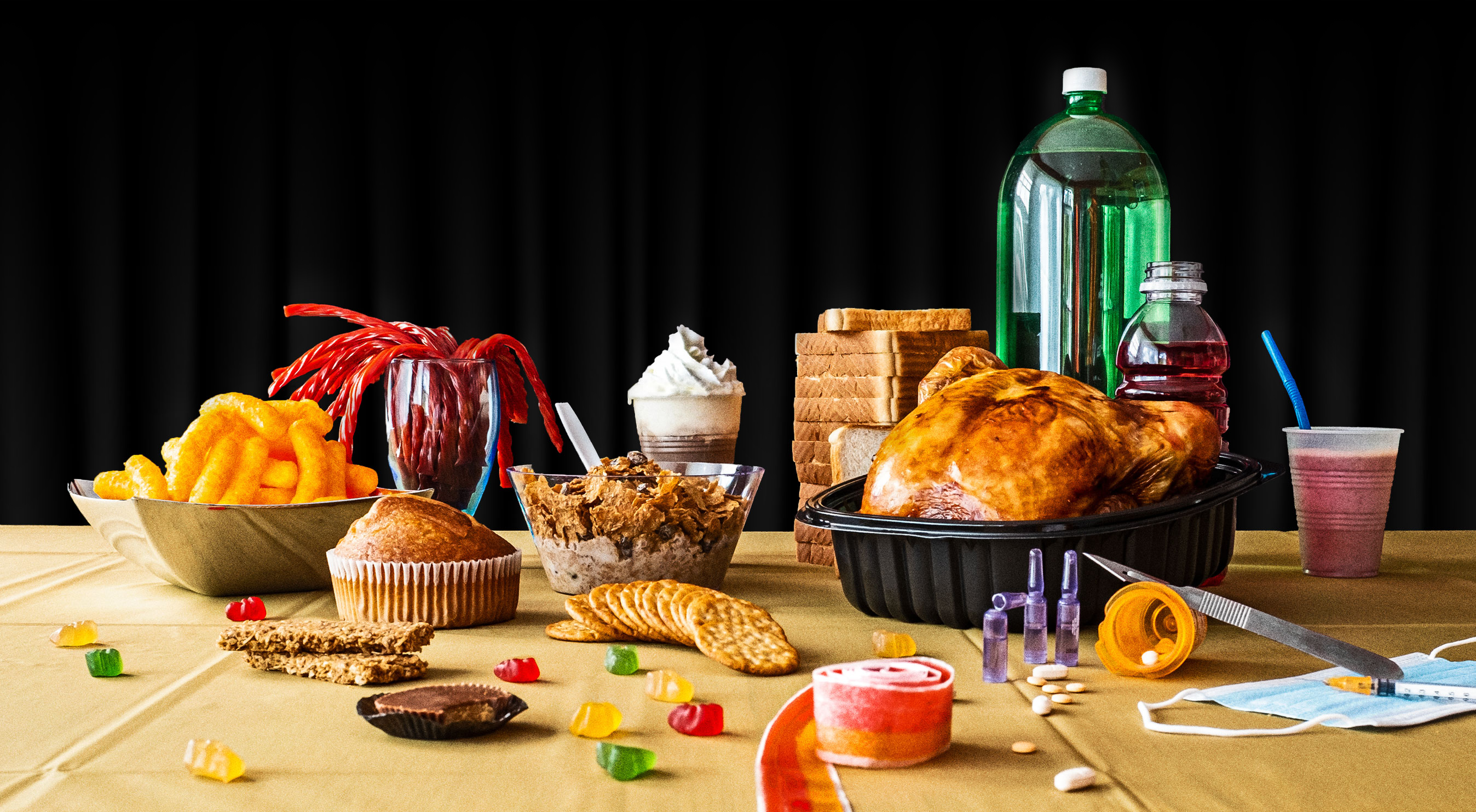

Metabolical: The Lure and the Lies of Processed Food, Nutrition, and Modern Medicine
The New York Times bestselling author of Fat Chance explains the eight pathologies that underlie all chronic disease, documents how processed food has impacted them to ruin our health, economy, and environment over the past 50 years, and proposes an urgent manifesto and strategy to cure both us and the planet.
Dr. Robert Lustig, a pediatric neuroendocrinologist who has long been on the cutting edge of medicine and science, challenges our current healthcare paradigm which has gone off the rails under the influence of Big Food, Big Pharma, and Big Government.
You can’t solve a problem if you don’t know what the problem is. One of Lustig’s singular gifts as a communicator is his ability to “connect the dots” for the general reader, in order to unpack the scientific data and concepts behind his arguments, as he tells the “real story of food” and “the story of real food.”
Metabolical weaves the interconnected strands of nutrition, health/disease, medicine, environment, and society into a completely new fabric by proving on a scientific basis a series of iconoclastic revelations, among them:
• Medicine for chronic disease treats symptoms, not the disease itself
• You can diagnose your own biochemical profile
• Chronic diseases are not “druggable,” but they are “foodable”
• Processed food isn’t just toxic, it’s addictive
• The war between vegan and keto is a false war—the combatants are on the same side
• Big Food, Big Pharma, and Big Government are on the other side
Making the case that food is the only lever we have to effect biochemical change to improve our health, Lustig explains what to eat based on two novel criteria: protect the liver, and feed the gut. He insists that if we do not fix our food and change the way we eat, we will continue to court chronic disease, bankrupt healthcare, and threaten the planet. But there is hope: this book explains what’s needed to fix all three.
Pre-order on: Amazon, Apple Books, Barnes & Noble, Bookshop.org, Google Play, Hudson Booksellers, Indiebound, Kobo
References
The reference list is organized based on: 1) page number, and 2) “phrase capture”. If you find a concept in the book that needs corroboration, just click on the page number, and you’ll get the list of references for that page. Then click on the specific reference, and you’ll be brought directly to the journal article, report, or newspaper clipping, so you can see for yourself. Happy debunking!


